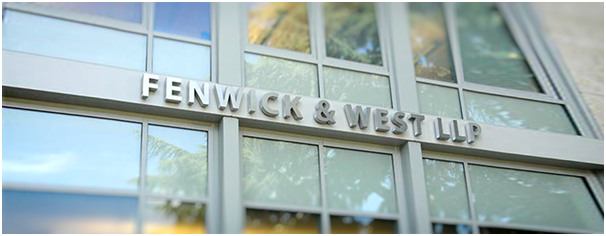
Fenwick & West Accused of Assisting FTX in Concealing Regulatory Noncompliance
Fenwick & West, the law firm representing failed crypto exchange FTX, is facing a class-action lawsuit alleging that it aided founder Sam Bankman-Fried's fraud. According to the suit, Fenwick is accused of helping to develop procedures designed to conceal FTX's noncompliance with regulatory obligations. The law firm is also the subject of a federal subpoena, which has yet to be made public. Fenwick helped FTX with corporate governance, trademarks, tax, and litigation and advised establishing affiliated companies. Daniel Friedberg, the former Seattle-based chair of Fenwick's payments practice, joined FTX in 2020 and later became its chief regulatory officer.
Fenwick & West Removes References to FTX from Website After Class-Action Lawsuit
Fenwick played a significant role in advising FTX and Alameda Research, providing counsel on various areas such as trademarks, tax, and litigation before the cryptocurrency exchange's bankruptcy in November. Additionally, Fenwick assisted in establishing US-based companies associated with FTX and Alameda.
Daniel Friedberg, previously the chair of Fenwick's payments practice in Seattle, joined FTX in 2020 and later became its chief regulatory officer. Similarly, Can Sun, the former general counsel of FTX, had previously worked as an associate at Fenwick.
In light of a recent class action lawsuit seeking unspecified monetary damages against Fenwick and 20 other parties allegedly connected to FTX, the law firm has removed references to FTX from its website. The lawsuit claims that Fenwick helped FTX create "compliance" procedures to circumvent the cryptocurrency exchange's regulatory obligations or conceal its non-compliance. Fenwick has yet to respond to the lawsuit.
Legal Challenges for Holding Law Firms Accountable for Underlying Fraud
According to Patrick Coughlin, a Scott & Scott lawyer who represented shareholders of Enron after its collapse, holding a third party, such as a law firm, accountable for underlying fraud is challenging. Demonstrating a law firm's knowledge or involvement in actual transactions is difficult. New York University School of Law Professor Jennifer Arlen said that when law firms receive subpoenas, the main target may be the client and not the lawyers. It doesn't mean that the firm is in legal trouble. Prosecutors can obtain documents that a client owns and submit to its law firm, but not those protected by the attorney-client privilege. Fenwick was vital in advising FTX on corporate, operational, and governance issues. It helped FTX set up US-based companies and announced it on trademarks, tax, and litigation before its bankruptcy in November. According to a class-action lawsuit, the firm has been accused of assisting FTX in developing procedures that skirt regulatory obligations or hide noncompliance. Fenwick is among the third parties implicated in the FTX investigation.




